Products
-
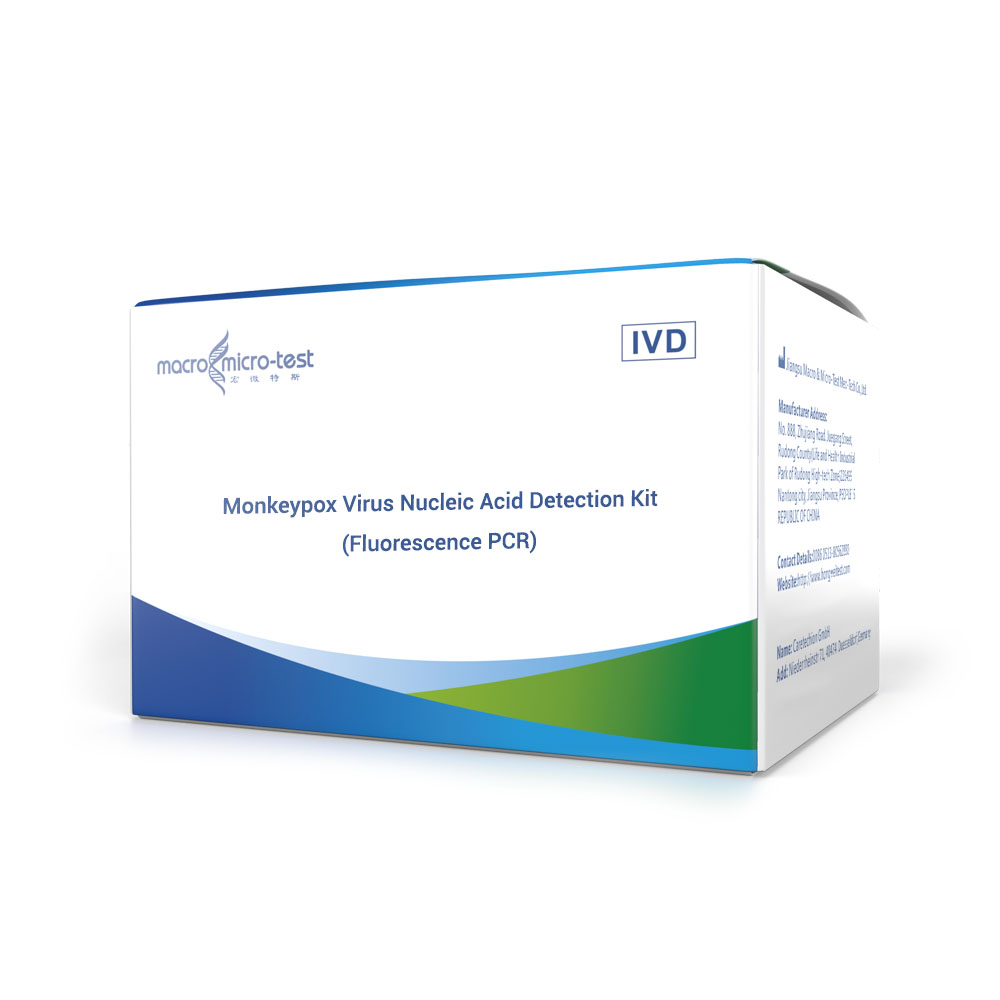
Monkeypox Virus Nucleic Acid
This kit is used for in vitro qualitative detection of monkeypox virus nucleic acid in human rash fluid, nasopharyngeal swabs, throat swabs and serum samples.
-

MTHFR Gene Polymorphic Nucleic Acid
This kit is used to detect 2 mutation sites of MTHFR gene. The kit uses human whole blood as a test sample to provide a qualitative assessment of mutation status. It could assist clinicians to design treatment plans suitable for different individual characteristics from the molecular level, so as to ensure the health of patients to the greatest extent.
-
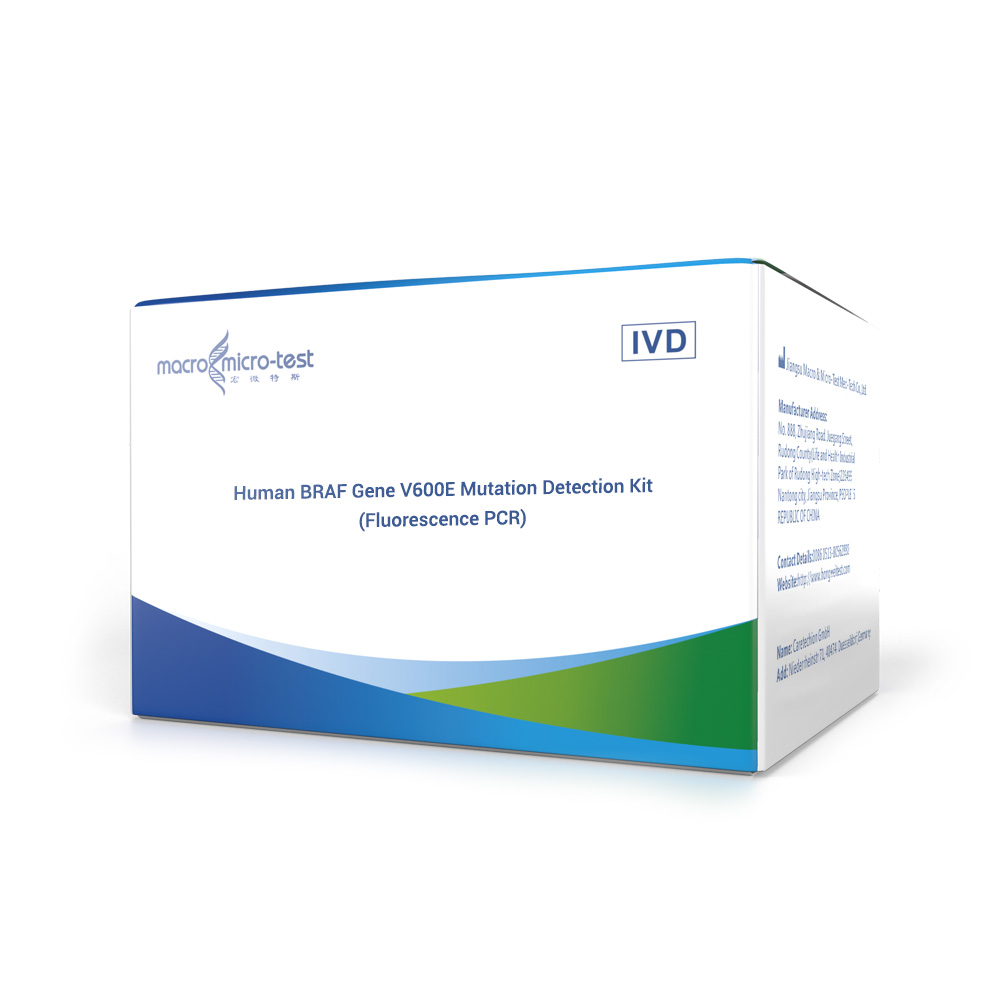
Human BRAF Gene V600E Mutation
This test kit is used to qualitatively detect the BRAF gene V600E mutation in paraffin-embedded tissue samples of human melanoma, colorectal cancer, thyroid cancer and lung cancer in vitro.
-
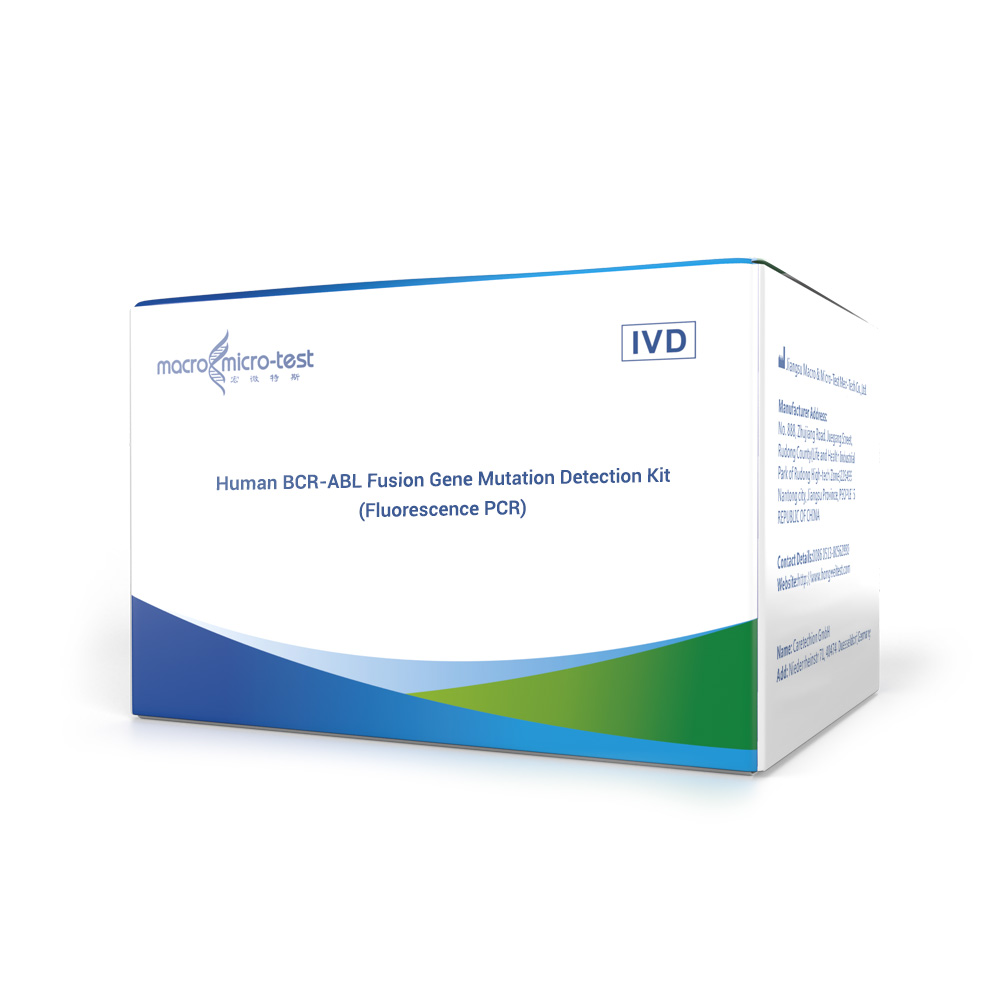
Human BCR-ABL Fusion Gene Mutation
This kit is suitable for qualitative detection of p190, p210 and p230 isoforms of the BCR-ABL fusion gene in human bone marrow samples.
-
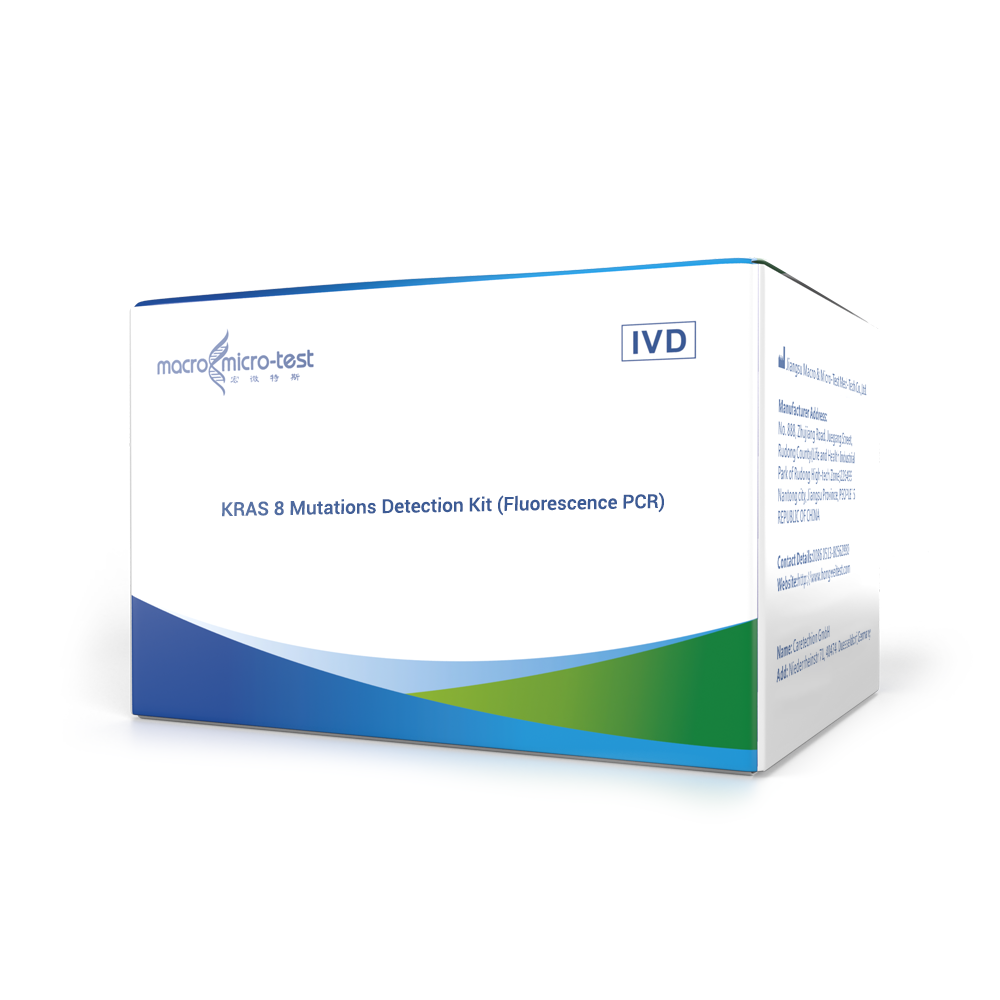
KRAS 8 Mutations
This kit is intended for in vitro qualitative detection of 8 mutations in codons 12 and 13 of K-ras gene in extracted DNA from human paraffin-embedded pathological sections.
-
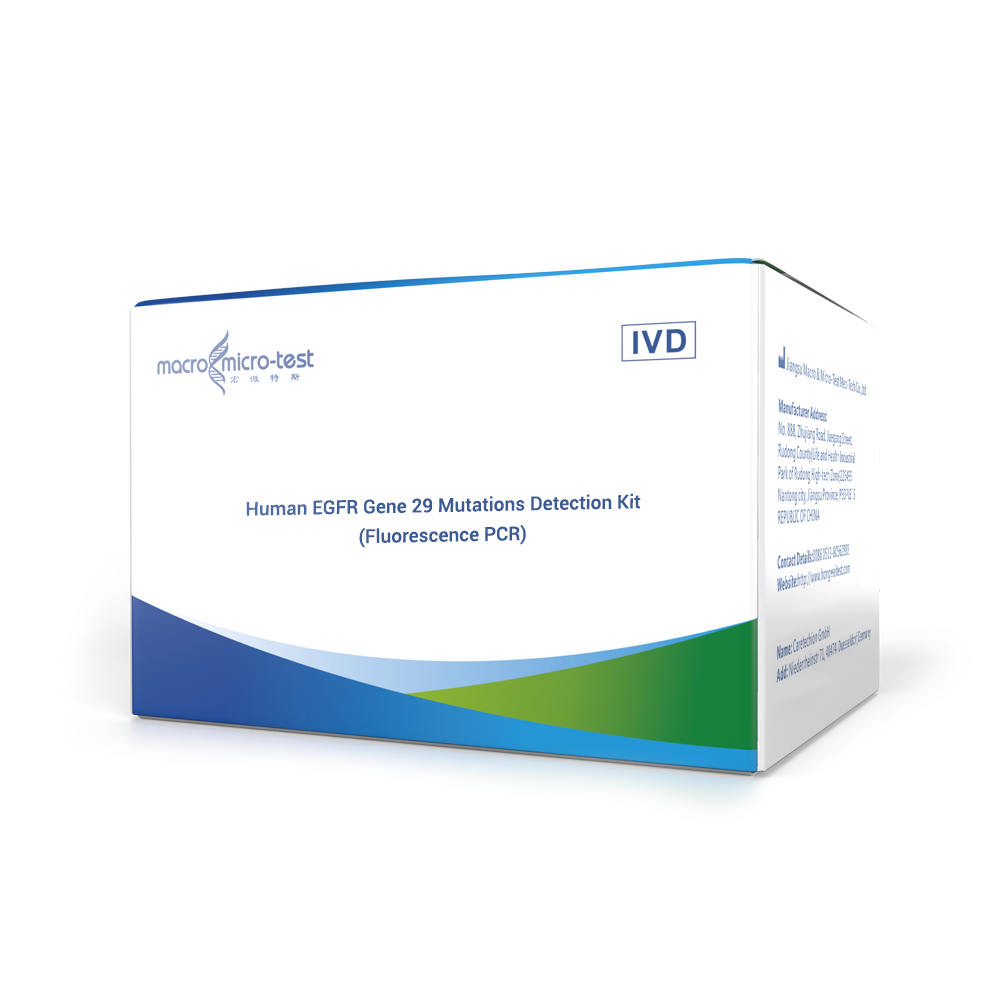
Human EGFR Gene 29 Mutations
This kit is used to in vitro qualitatively detection of common mutations in exons 18-21 of the EGFR gene in samples from human non-small cell lung cancer patients.
-

Human ROS1 Fusion Gene Mutation
This kit is used to in vitro qualitative detection of 14 types of ROS1 fusion gene mutations in human non-small cell lung cancer samples (Table 1). The test results are for clinical reference only and should not be used as the sole basis for individualized treatment of patients.
-
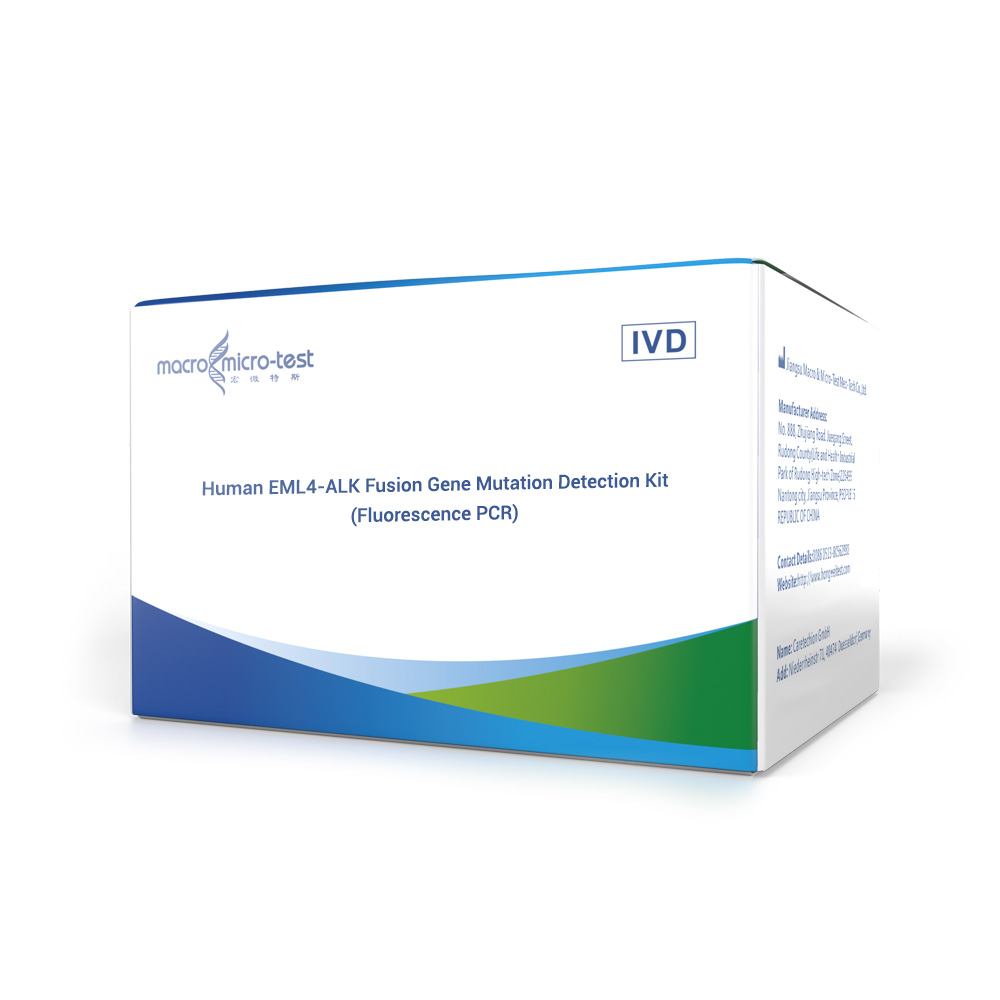
Human EML4-ALK Fusion Gene Mutation
This kit is used to qualitatively detect 12 mutation types of EML4-ALK fusion gene in samples of human nonsmall cell lung cancer patients in vitro. The test results are for clinical reference only and should not be used as the sole basis for individualized treatment of patients. Clinicians should make comprehensive judgments on the test results based on factors such as the patient’s condition, drug indications, treatment response, and other laboratory test indicators.
-
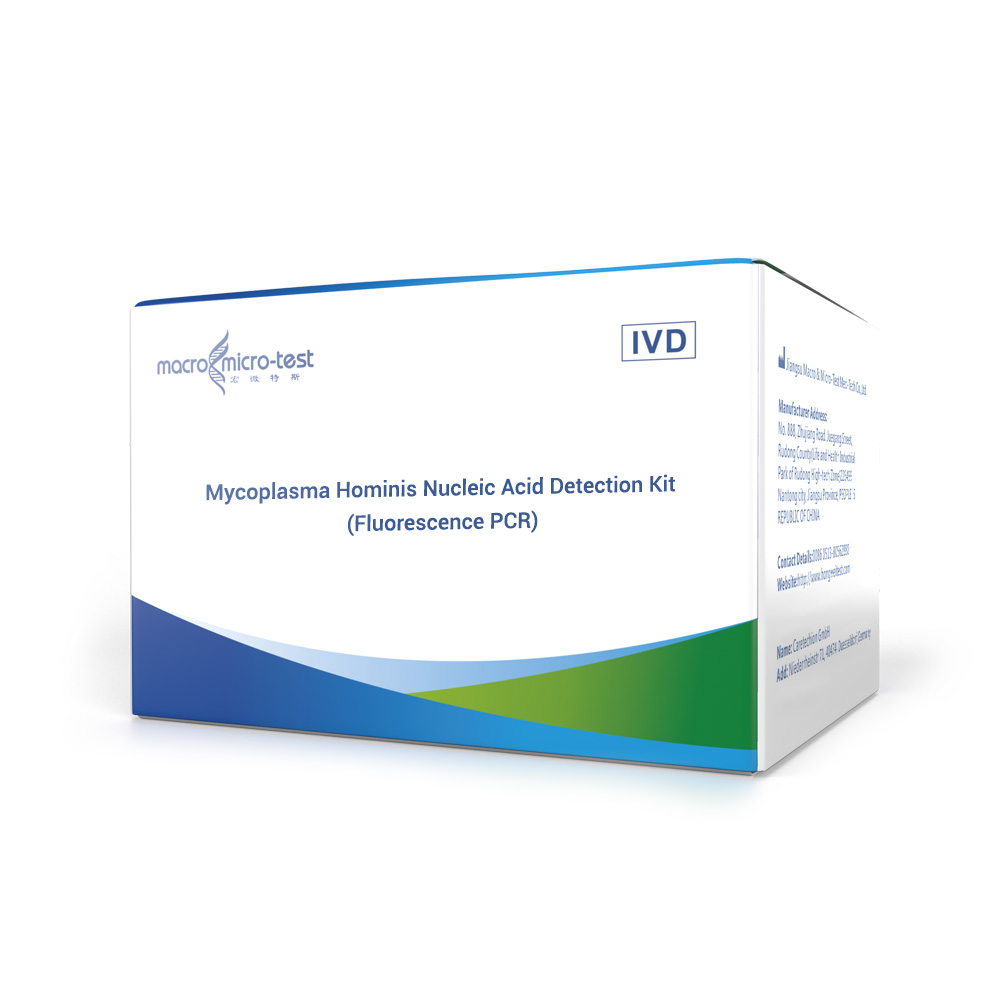
Mycoplasma Hominis Nucleic Acid
This kit is suitable for qualitative detection of Mycoplasma hominis (MH) in male urinary tract and female genital tract secretion samples.
-
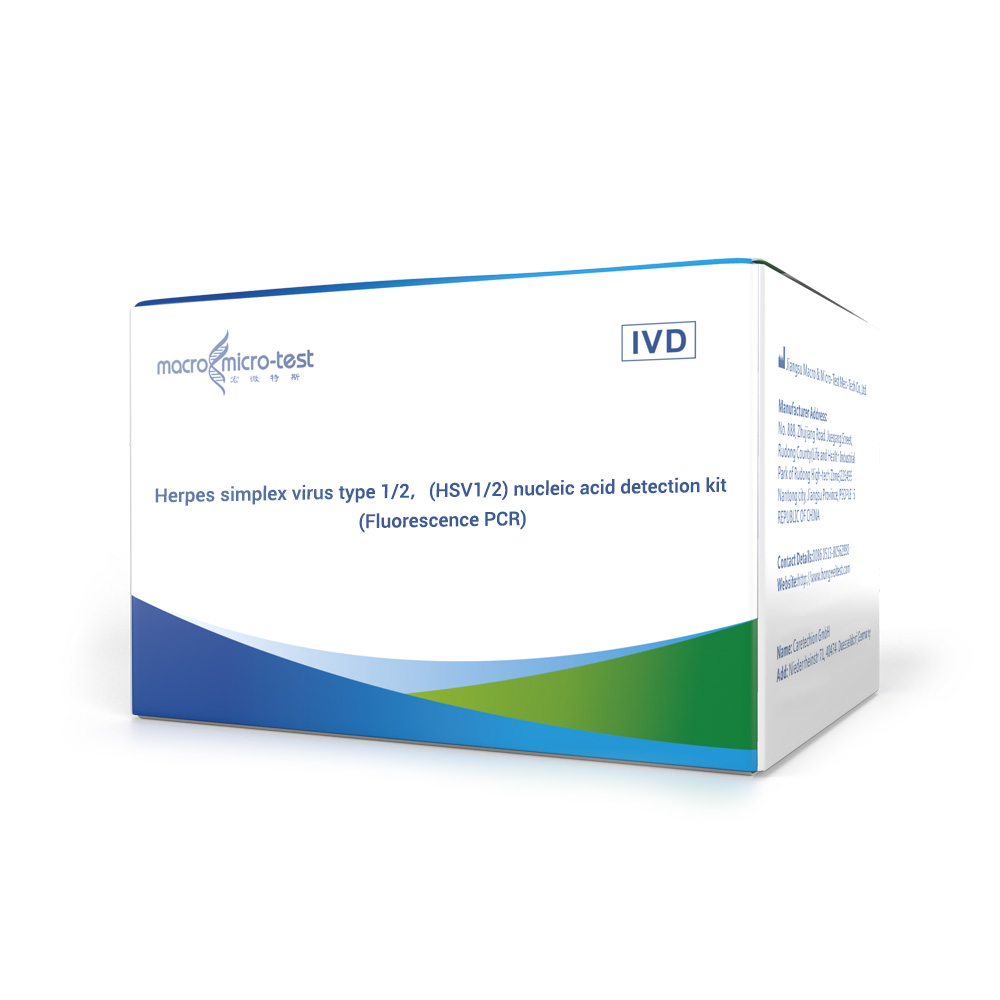
Herpes Simplex Virus Type 1/2,(HSV1/2) Nucleic Acid
This kit is used for in vitro qualitative detection of Herpes Simplex Virus Type 1 (HSV1) and Herpes Simplex Virus Type 2 (HSV2) to help diagnose and treat patients with suspected HSV infections.
-

SARS-CoV-2 Virus Antigen – Home test
This Detection kit is for in vitro qualitative detection of SARS-CoV-2 antigen in nasal swab samples. This test is intended for non-prescription home use self-testing with self-collected anterior nasal (nares) swab samples from individuals aged 15 years or older who are suspected of COVID-19 or adult collected nasal swab samples from individuals under 15 years old who are suspected of COVID-19.
-
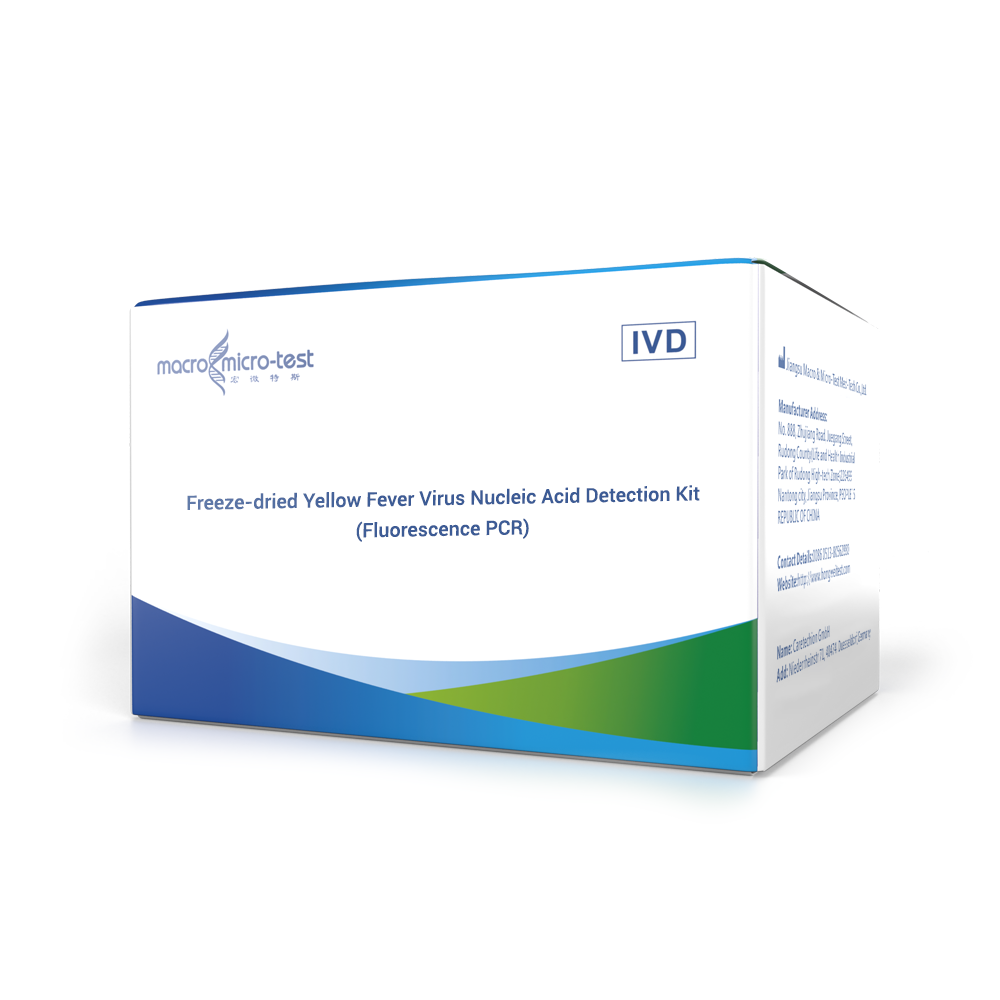
Yellow Fever Virus Nucleic Acid
This kit is suitable for qualitative detection of Yellow Fever virus nucleic acid in serum samples of patients, and provides an effective auxiliary means for clinical diagnosis and treatment of Yellow Fever virus infection. The test results are for clinical reference only, and the final diagnosis should be comprehensively considered in close combination with other clinical indicators.


